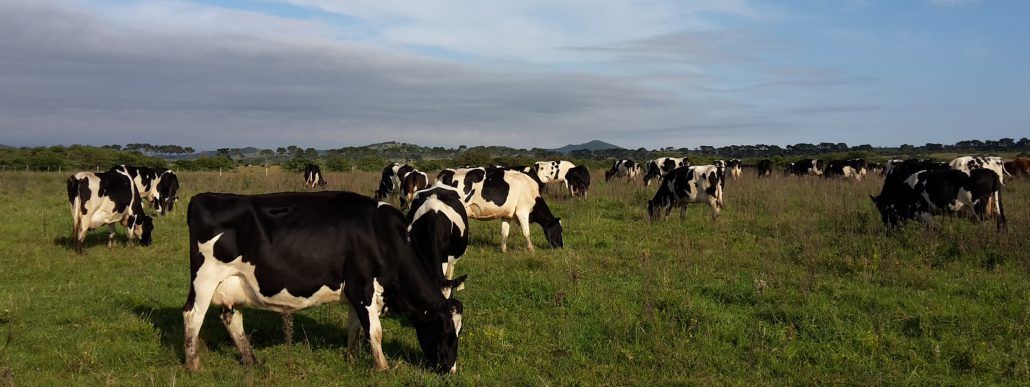I find it challenging to hear how often livestock are blamed for contributing significantly to climate change. Cows produce methane, which is one of the gases with a large greenhouse effect causing climate change. Reading a blog called ‘Ruminants – A methane pests or climate change solution‘ gave me great hope.
I think we can all agree that food production is necessary, and commercial farmers ensure food security. The debate comes about because of the manner in which food is produced. Livestock farming has been blamed, with good reason, for having negative environmental impacts. I believe the focus of consumers should not be on boycotting livestock farming though. Consumer energy, resources and platforms should rather be used to support and encourage sustainable farming practices.
The correct practices, such as good soil and grazing management, can actually help to mitigate climate change. When livestock farmers manage their pasture soils in a manner that supports soil health, in association with good grazing management practices, the result is soil that has the ability to convert carbon dioxide and methane gas into stable forms of carbon in the soil. In this way it can be part of the solution to removing greenhouse gases from the atmosphere. Soil has the potential to be the greatest carbon sink, and is our best available option. Trees are unable to store the vast amounts of carbon that need to be removed from the atmosphere, and the ocean already has acidification problems with too high levels of carbon dioxide.
When agriculture and farmers are blanketed as causing negative environmental impacts, it ignores the positive role that agriculture can play. The correct farming practices are what could mitigate climate change, contribute to biodiversity conservation and ensure water security, among other things. Let us, as consumers, rather change our mind-sets, starting with finding out how our food is produced and supporting farmers and initiatives that are producing food responsibly.
- A carbon footprint assessment for pasture-based dairy farming systems in South Africa - 2024-02-07
- What progress have farms participating with Trace & Save made over the past 10 years? - 2023-09-06
- Carbon footprint reduction over time: Lessons from pasture-based dairy farms in South Africa - 2023-09-04

